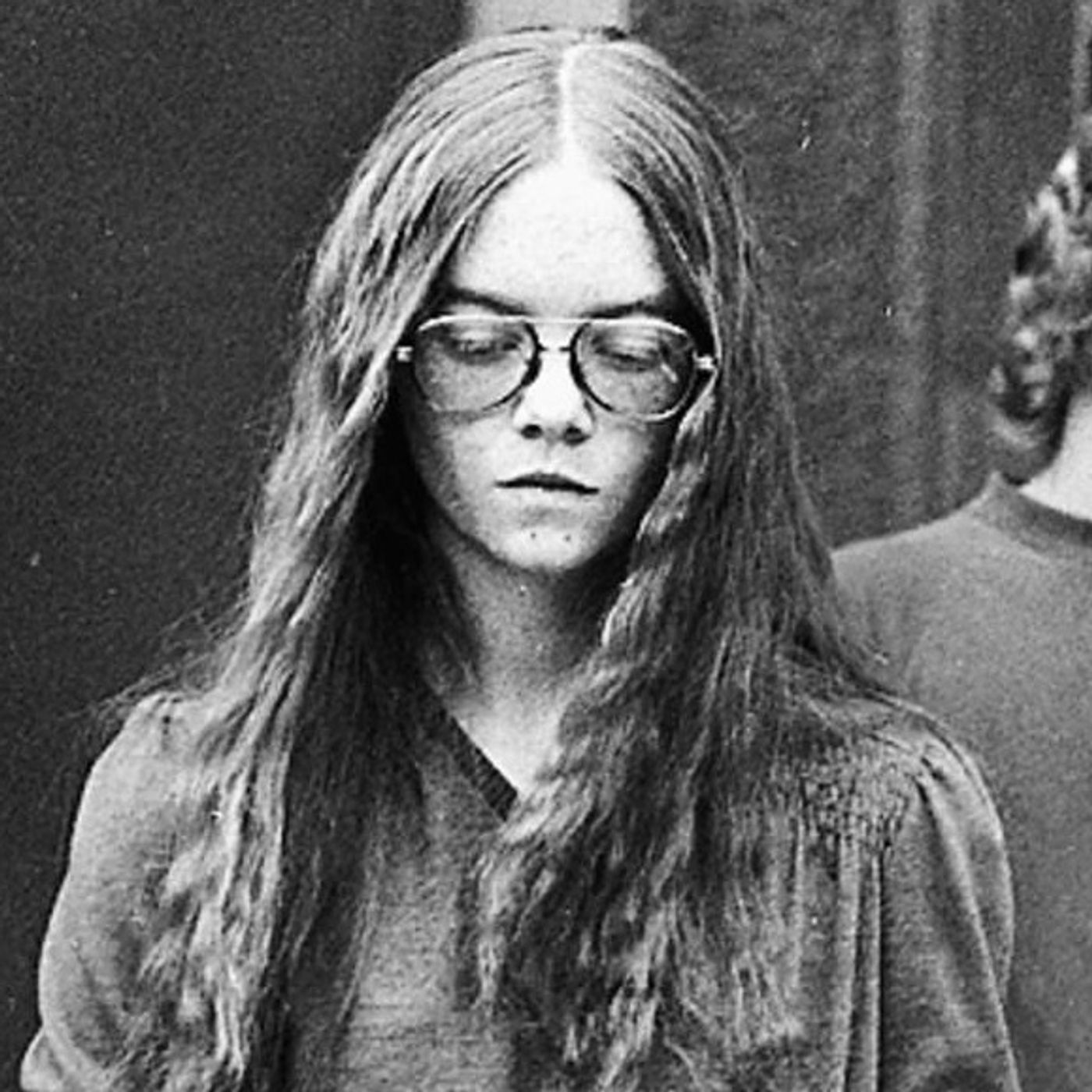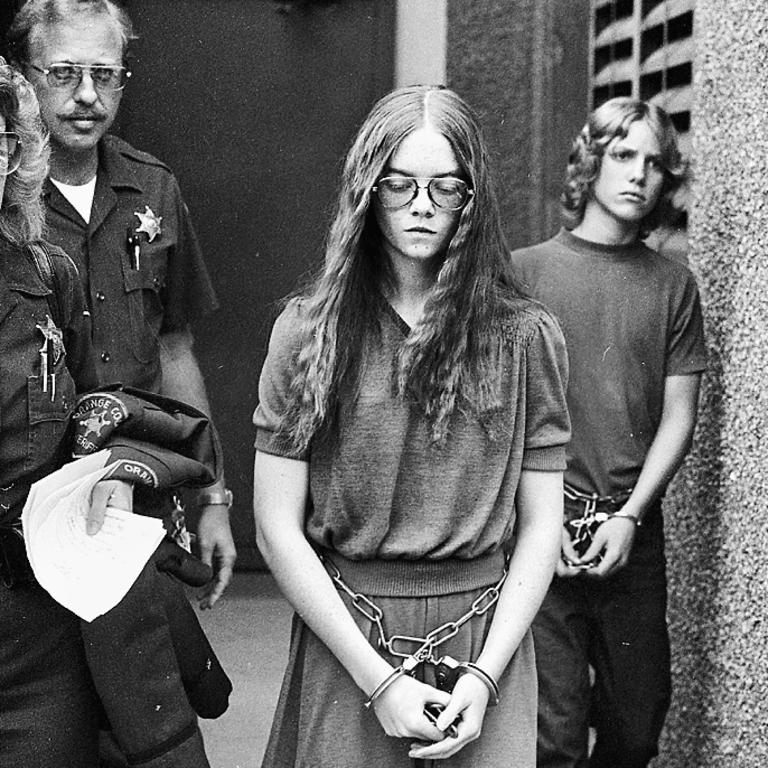A Look Back at a Tragic Day in History
It’s been over four decades since the shocking events unfolded at Grover Cleveland Elementary School in San Diego. On that fateful morning, a 16-year-old named Brenda Spencer picked up a rifle and opened fire from her home across the street. Her actions left two people dead and nine others injured, including innocent children and adults. The scars from that day remain deep, and many questions still linger in the minds of those affected.
Who Is Brenda Spencer?
Brenda Spencer is a name forever etched in the annals of American history—not for any heroic act, but for her role in one of the nation's earliest and most disturbing school shootings. On January 29, 1979, she became infamous for uttering the chilling phrase, "I don't like Mondays," as her reason for committing such a heinous crime. Her actions not only devastated a community but also sparked a national conversation about gun violence and mental health.
But who exactly is Brenda Spencer? Born on April 3, 1962, in San Diego, California, Brenda grew up in a challenging family environment. Reports suggest that her home life was fraught with difficulties, including exposure to petty theft and drug abuse. While these factors don’t excuse her actions, they provide some context into the troubled world she inhabited before that tragic day.
Read also:Simon Cowell A Legacy Beyond The Stage
The Events That Unfolded
As dawn broke on January 29, 1979, students and teachers at Grover Cleveland Elementary School prepared for another ordinary Monday. Little did they know their lives were about to change forever. From her house directly across the street, Brenda Spencer began firing a .22 caliber rifle at unsuspecting victims entering the school grounds. Her ruthless attack lasted only minutes but left a lasting impact on everyone involved.
SWAT officers quickly surrounded her home, evacuating the school from the rear to ensure the safety of those inside. Amidst the chaos, Charles "Cam" Miller, then just nine years old, suffered a life-altering injury when a bullet pierced his chest. Decades later, he still carries the physical and emotional scars of that day.
Understanding the Aftermath
In the years following the shooting, Brenda Spencer faced numerous legal proceedings. At the time of her arrest, she expressed no remorse for her actions, citing her dislike for Mondays as her sole motivation. This chilling indifference shocked the nation and fueled debates about accountability and mental health.
She eventually pleaded guilty to the crime and was sentenced to life in prison with the possibility of parole. Over the years, she has applied for parole multiple times, but her requests have been repeatedly denied. Most recently, in 2023, a parole board hearing once again rejected her petition due to strong objections from prosecutors. They argued that her release would pose a significant threat to public safety.
What Happened After the Shooting?
Life behind bars hasn’t been easy for Brenda Spencer. Over the years, she has reportedly struggled with mental health issues and substance abuse problems. Despite these challenges, she remains a polarizing figure in discussions about crime and punishment.
In 2014, during one of her parole hearings, Spencer faced her victims directly for the first time. For many survivors, this was a moment of closure—a chance to confront the person who had irrevocably altered their lives. However, for others, the pain and trauma remain too raw to forgive or forget.
Read also:Discover The Ultimate Vaping Adventure With Geek Bar Disposable Vapes
Impact on School Safety
Brenda Spencer’s actions marked a turning point in how America approached school safety. Her attack became one of the first modern school shootings in the United States, prompting lawmakers and educators to reevaluate security measures and mental health support systems. While progress has been made, the issue remains far from resolved.
Today, Spencer resides in a California prison, where she continues to serve her sentence. At 62 years old, she remains a symbol of the devastation that can arise from unchecked anger and troubled youth. Her story serves as a stark reminder of the importance of addressing mental health and gun control issues in our society.
Reflections on a Dark Chapter
Forty years have passed since that tragic Monday in San Diego, yet the wounds inflicted by Brenda Spencer’s actions have yet to fully heal. Her story is a sobering reminder of the ripple effects that violence can have on individuals and communities. As we reflect on this dark chapter in history, let us also consider what steps we can take to prevent similar tragedies in the future.
Whether through improved mental health resources, stricter gun laws, or increased awareness, there are actions we can all take to make our schools and communities safer. Let’s honor the memories of those lost and injured by striving for meaningful change. After all, every life matters, and every child deserves to feel safe at school.


